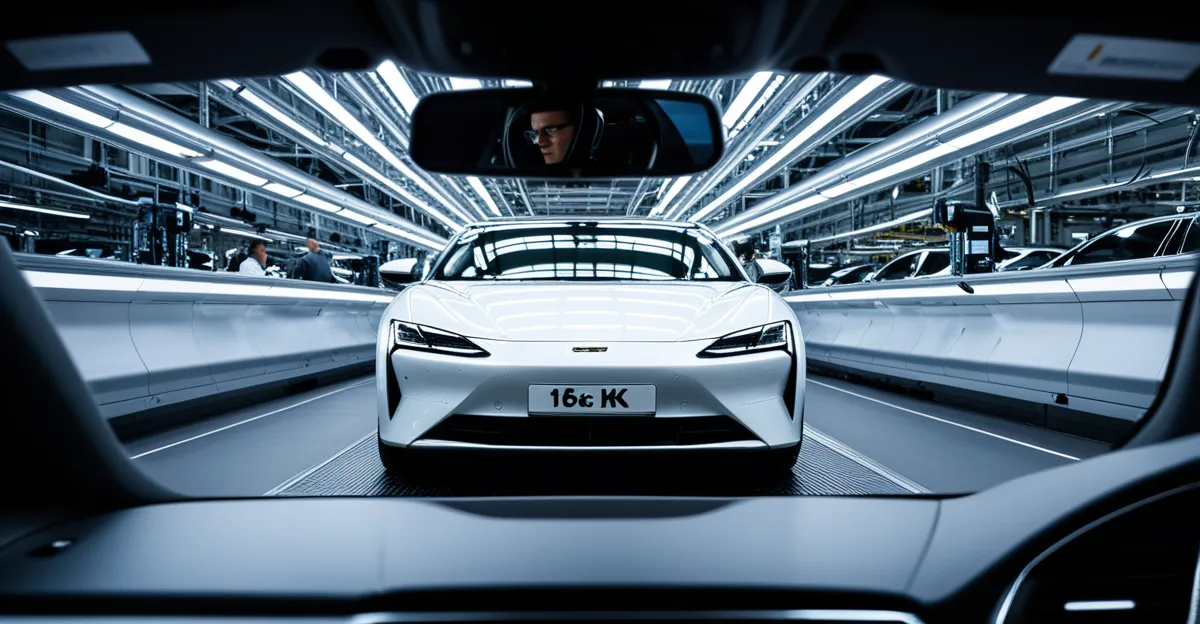Key Technological Innovations Driving Change in the UK Automotive Sector
The UK automotive industry is undergoing rapid transformation propelled by major technological innovations. Among these, electrification stands out as a key trend reshaping vehicle design and infrastructure. Electric vehicles (EVs) are benefiting from improvements in battery technology and charging networks, enabling longer ranges and faster recharge times. This progress addresses common concerns around EV adoption and supports the UK’s drive toward low-emission transport.
Simultaneously, the field of autonomous vehicles is advancing with the integration of AI and sensor systems. These autonomous systems enhance safety and efficiency by enabling cars to navigate complex environments independently. Early deployments focus on areas like urban mobility and logistics, where AI-driven automation reduces human error and operational costs.
Also to discover : How Will Advancements in UK Automotive Technology Affect the Future of Transportation?
Another breakthrough is the rise of connected vehicles, which utilize digital connectivity to sync with external networks and other smart devices. This connectivity enables real-time data exchange, smart traffic management, and over-the-air software updates, fostering a more seamless and responsive driving experience. Collectively, these innovations are laying the groundwork for a digitally integrated and sustainable transport ecosystem in the UK.
Transforming Industry Trends and Business Models
The UK automotive industry is witnessing a notable shift from traditional vehicle ownership toward mobility as a service (MaaS) models. This trend reflects changing consumer preferences favoring access over ownership, enabling users to pay for transportation on demand rather than maintaining a personal vehicle. MaaS platforms integrate diverse transport options, simplifying urban mobility while reducing congestion and emissions.
Have you seen this : How Will Electric Vehicle Advancements Impact Traditional Car Manufacturing?
Digital transformation accelerates this shift, with automotive companies adopting advanced digital platforms and new distribution channels. These enable seamless user experiences, including vehicle booking, payment, and personalized services. The integration of connectivity and AI within these platforms enhances route optimization and fleet management, supporting efficient operation.
Moreover, this shift impacts the automotive supply chain profoundly. Traditional supplier relationships evolve toward collaborative partnerships with technology firms and mobility service providers. This transition fosters innovation ecosystems where data sharing and agile development drive new business models. Understanding these evolving industry trends is essential for stakeholders navigating the UK’s dynamic automotive landscape.

Comments are closed